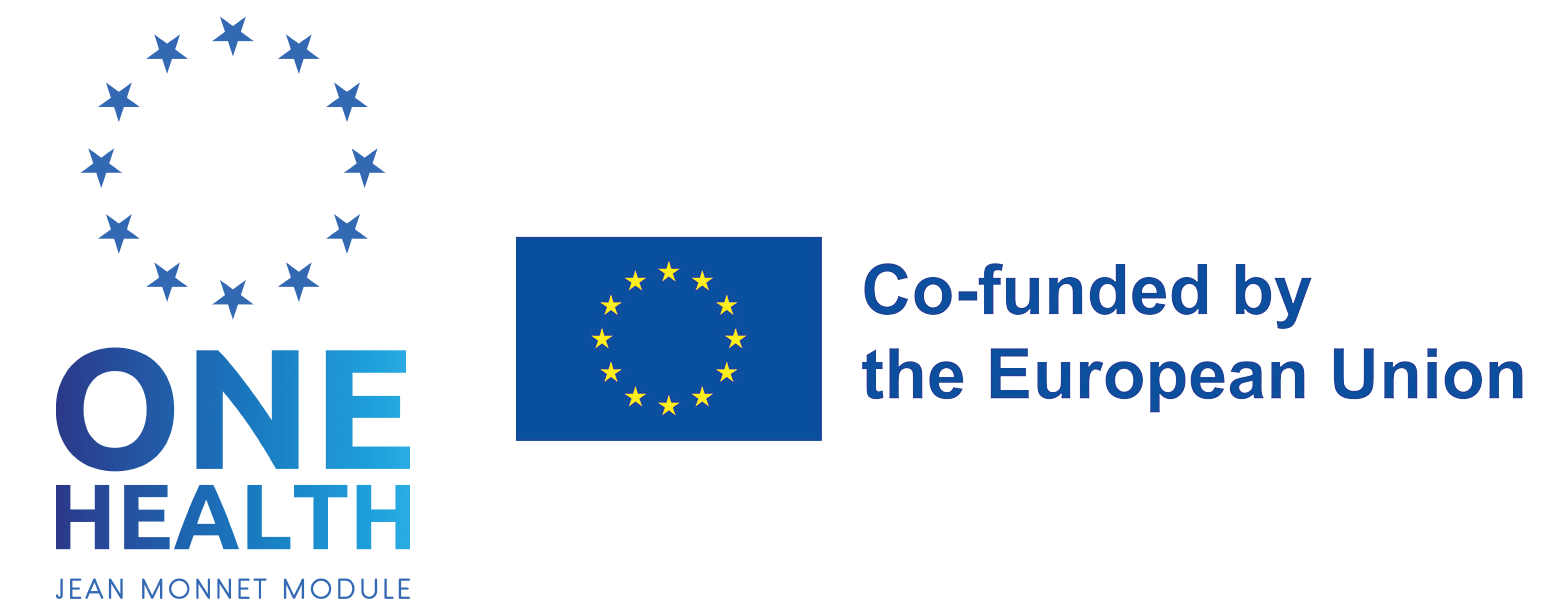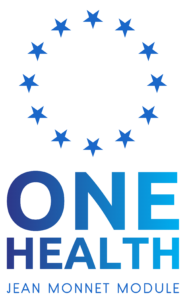Jean Monnet Actions in the field of Higher Education are cofunded by the European Commission under the Erasmus+ Programme through the European Education and Culture Executive Agency (EACEA). They support teaching and research in the field of European Union studies worldwide.
Jean Monnet Modules are short teaching programmes or specialised courses in the field of European Union studies offered at a higher education institution, with a minimum of 40 teaching hours per academic year for a duration of three years. They bring innovative, interesting and specific EU content to their learners, either concentrating on one particular discipline in European studies or being multidisciplinary in approach and therefore calling upon the academic input of several professors and experts.
Jean Monnet Modules are required to disseminate and exploit the results of the teaching and research activities beyond the scope of the stakeholders directly involved. To this end, Coordinators are invited to apply open educational resources, publish the summaries, content and schedule of their activities as well as the expected outcomes; participate in dissemination and information events at national and European level; organise events with policy makers at local, regional and national level; disseminate the results of their activities via the organisation of seminars or lectures geared and adapted to the general public and civil society representatives; network with other coordinators of Modules, Centres of Excellence, Jean Monnet Chairs and supported Institutions.
The Jean Monnet Module “One Health: Global and EU Perspectives” (1HEALTH) builds on the concept that the health of humans, animals, and ecosystems are closely interlinked. Global health is increasingly threatened by emerging risks caused by environmental pollution (including pharmaceutical pollution), climate change, zoonotic diseases due to pathogen spillover, animal trade and encroachment into wild areas. Facing these challenges demands a holistic, all-of-government and all-of-society response, based on close collaboration, communication and coordination among the relevant sectors, consistent with the One Health Approach.
The consensus definition of One Health developed by the One Health High-Level Expert Panel and endorsed by the World Health Organization (WHO), the Food and Agriculture Organization (FAO), the World Organization for Animal Health (WOAS) and the United Nations Programme for the Environment (UNEP), states:
“One Health is an integrated, unifying approach that aims to sustainably balance and optimize the health of people, animals and ecosystems. It recognizes the health of humans, domestic and wild animals, plants, and the wider environment (including ecosystems) are closely linked and inter-dependent. The approach mobilizes multiple sectors, disciplines and communities at varying levels of society to work together to foster well-being and tackle threats to health and ecosystems, while addressing the collective need for clean water, energy and air, safe and nutritious food, taking action on climate change, and contributing to sustainable development.”
The idea of launching the Jean Monnet Module “One Health: Global and EU Perspectives” (1HEALTH) builds on the important institutional and normative developments that have recently been reported in favour of a more widespread and effective application of this approach as a key tool to address complex health threats arising at the human-animal-environmental interface. In fact, One Health has gained huge momentum and is currently at the top of the international political agenda, including within the framework of the ongoing negotiations at the WHO for the conclusion of a Pandemic Treaty
The 1HEALTH Module aims to offer expert teaching, training and research on the “One Health” approach and its operationalization at global, European and national levels to address complex health threats arising at the human-animal-environmental interface. The focus of the Module rests on institutional, normative and policy issues, with a view to further developing the debate around the One Health Approach from both global and EU perspectives. Its mission is to advance relevant knowledge and expertise with a specific focus on: the engagement of the EU in this field; its relationships and possible partnership with the Quadripartite Coalition; the EU contribution to enhanced synergies between the global and the regional dimensions to improve global health security; cooperation among relevant EU Agencies (ECDC, EMA, EEA, EFSA, and HERA) and the One Health Cross-Agency Task Force; the relevance of EU sectoral legislation to One Health, its systemic integration and regime interactions. Special attention is also devoted to operationalization of this approach at the domestic level, with a focus on the Italian experience in translating multisectoral and inter-institutional collaboration into policy- and decision-making processes and administrative regulations and practices.




